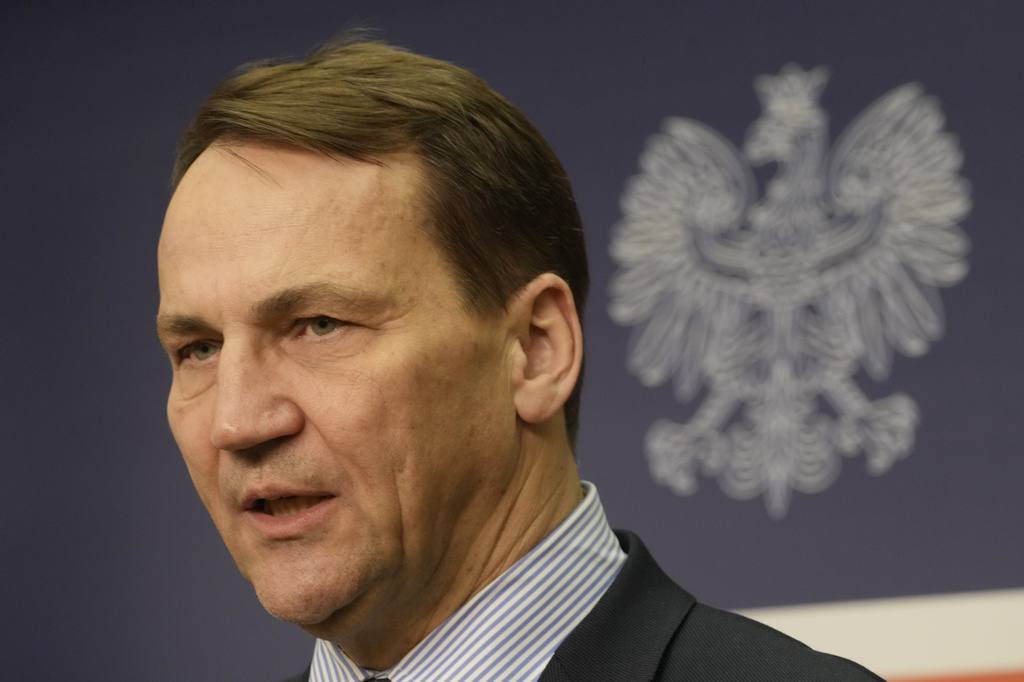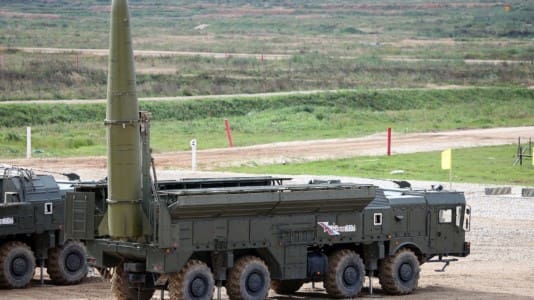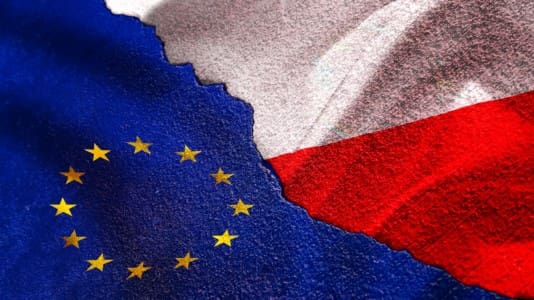Poland has made the release of Andrzej Poczobut a condition for reopening its border crossings with Belarus, according to Polish Foreign Minister Radoslaw Sikorski in an interview with the independent Belarusian portal Zerkalo.
Currently, only one border crossing is operational in Terespol; the previous Polish government decided to close the point in Bobrowniki in response to the political trial and sentencing of Andrzej Poczobut, a Polish-Belarusian journalist sentenced to eight years in prison under stringent conditions.
Sikorski, when asked about the possibility of opening other crossings, said that “the opening date depends on the duration of Andrzej Poczobut’s imprisonment.”
The Polish foreign minister emphasized that Poland distinguishes between the Belarusian people and the regime in Minsk, noting that Belarusian citizens, unlike Russians, are allowed to enter Poland with their private cars despite EU sanctions.
He also noted that saying there were negotiations with the Belarusian authorities regarding Andrzej Poczobut’s release would be an overstatement. Poland further considers the charges against him to be fabricated.
He added that Poland, together with the EU, is advocating for the release of all political prisoners in Belarus, numbering nearly 1,400, and that Belarusian President Lukashenko knows that without an end to repression, there will be no return to engagement with the West.
The foreign minister mentioned that Poland had previously taken steps to facilitate small border traffic when there were no political prisoners in Belarus, but Minsk was not ready for such openness. Sikorski addressed the challenges Belarusians face in obtaining Polish visas, attributing them to the drastic reduction of consuls by the Belarusian side and the activities of a “visa mafia” in Belarus that exploits the electronic registration system for financial gain.
Regarding the restrictions on goods transport at the border, Sikorski briefly explained that sanctions are in place and war is ongoing, referencing Belarus’s support for the Russian invasion of Ukraine. He expressed regret that the actions of the Belarusian authorities affect the convenience of Belarusian citizens, highlighting that this is the price they pay for living under a dictatorship.
He recalled that during the martial law period in Poland in the 1980s, he could not see his family for eight years and “paid a high price because his country was ruled by a dictator; unfortunately, that’s how it works.”






